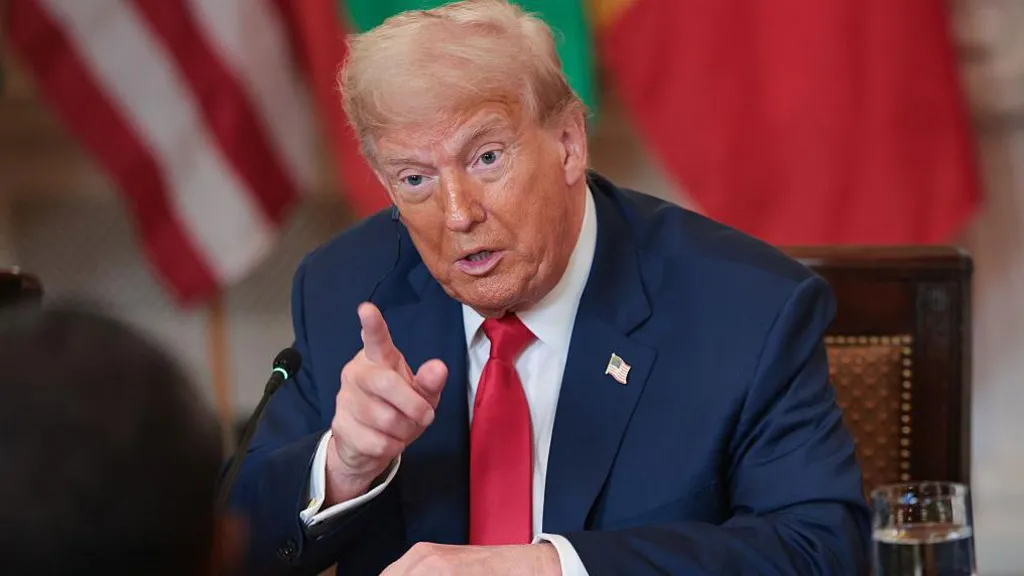
The European Union and Mexico have expressed disappointment following President Trump’s threat to impose 30% tariffs on their imports beginning August 1st.
Mexico criticized Trump’s “unfair deal” while emphasizing its sovereignty remains non-negotiable. The EU’s chief, Ursula von der Leyen, threatened “proportionate countermeasures” if necessary. Both regions indicated their desire to continue negotiations with the US.
Trump has warned of imposing higher import taxes if either trading partner retaliates. This week, Trump also announced new tariffs on goods from Japan, South Korea, Canada and Brazil starting next month.
In a letter to European Commission President von der Leyen, Trump wrote: “We have had years to discuss our trading relationship with the European Union, and have concluded that we must move away from these long-term-large, and persistent, trade deficits, engendered by your tariff, and non-tariff, policies and trade barriers.” He added that the relationship had been “unfortunately, far from reciprocal.”
Trump warned both trade partners that retaliation with their own import duties would trigger him to raise tariffs by a similar percentage above the 30% baseline.
In a Fox News interview aired Saturday night, Trump said some countries were “very upset now” but insisted the tariffs meant “hundreds of billions of dollars” were “pouring in.”
The EU has been a frequent target of Trump’s criticism. On April 2nd, he proposed a 20% tariff on bloc goods, later threatening to raise EU import taxes to 50% as trade talks stalled.
Washington and Brussels had hoped to reach an agreement before the July 9th deadline, but no progress has been announced. The US trade deficit with the EU was $235.6bn in 2024, according to the US trade representative’s office.
Von der Leyen said the EU remained ready “to continue working towards an agreement by Aug 1” and would “take all necessary steps to safeguard EU interests, including the adoption of proportionate countermeasures if required.” She added that “few economies in the world match the European Union’s level of openness and adherence to fair trading practices.”
France’s President Emmanuel Macron expressed “very strong disapproval” of Trump’s announcement, suggesting the EU plan “speeding up the preparation of credible countermeasures” if no agreement is reached.
Bernd Lange, head of the European Parliament’s trade committee, described Trump’s move as “a slap in the face for the negotiations,” saying it was “no way to deal with a key trading partner.” He suggested Brussels should enact countermeasures as soon as Monday.
Some EU leaders called for a deal with Trump. Italian Prime Minister Giorgia Meloni expressed trust that “a fair agreement” could be reached, adding: “It would make no sense to trigger a trade war between the two sides of the Atlantic.”
Dutch Prime Minister Dick Schoof stated on social media that the EU “must remain united and resolute” in reaching a “mutually beneficial” deal with the US.
Germany’s Association of the Automotive Industry warned about rising costs for German carmakers and suppliers, calling it “regrettable that there is a threat of a further escalation of the trade conflict.”
In his letter to Mexico’s leader, Trump said the country had not done enough to stop North America becoming a “Narco-Trafficking Playground,” adding: “Mexico has been helping me secure the border, BUT, what Mexico has done, is not enough.”
Mexican President Claudia Sheinbaum expressed confidence that a deal could be reached, stating: “We believe, based on what our colleagues discussed yesterday, that we will reach an agreement with the USA and that we will, of course, achieve better conditions.”
“We are clear on what we can work with the USA and we are clear on what we cannot,” she added. “And there is something that is never negotiated, ever, and that is the sovereignty of our country.”
Trump’s letter did not clarify if Mexican goods traded within the 2020 United States-Mexico-Canada Agreement would be exempt from the proposed August 1st tariff hikes, as the White House indicated would be the case with Canada.
Earlier this week, the White House sent a letter to Canada threatening a 35% tariff.
As of Saturday, the Trump administration has now proposed tariff conditions on 24 countries and the EU, composed of 27 countries.
On April 12th, White House trade adviser Peter Navarro set a goal to secure “90 deals in 90 days.” So far, the president has announced outlines of two such pacts with the United Kingdom and Vietnam as negotiations with others continue.



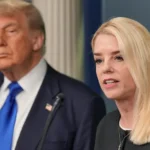
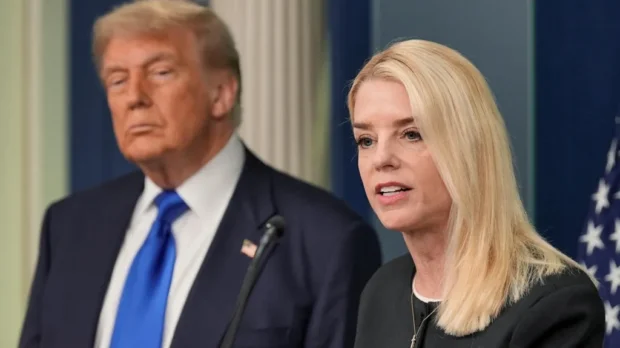
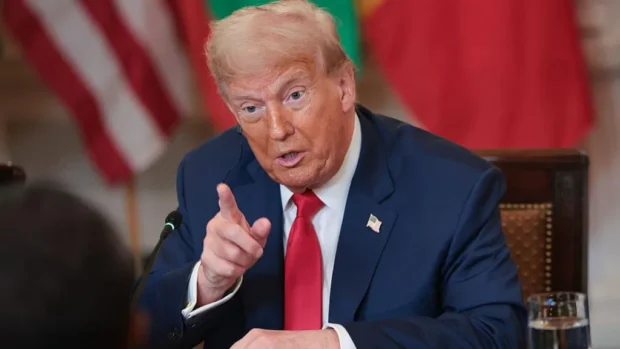

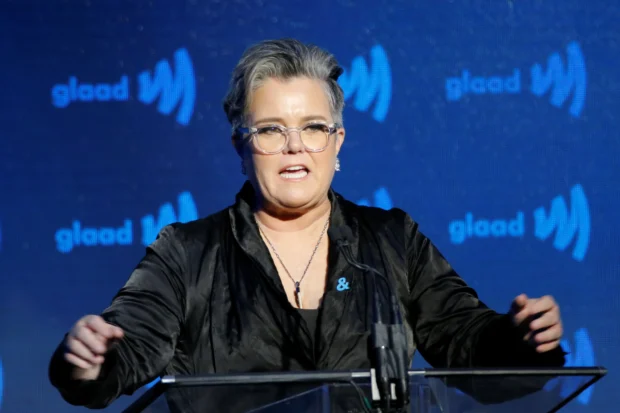



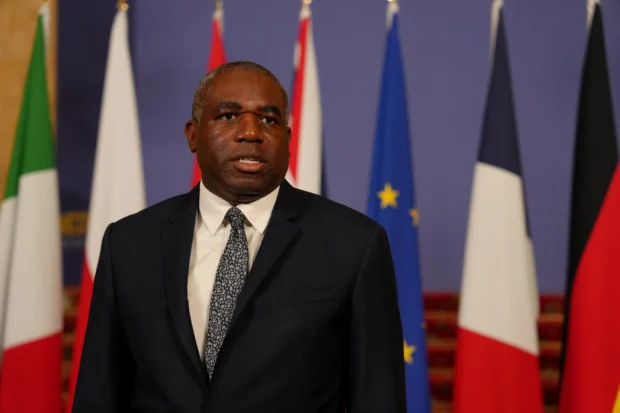


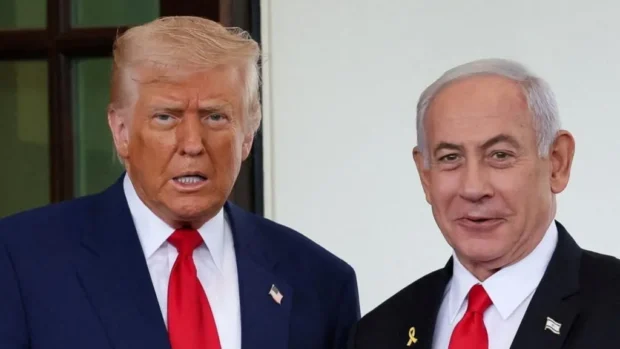
Be the first to leave a comment